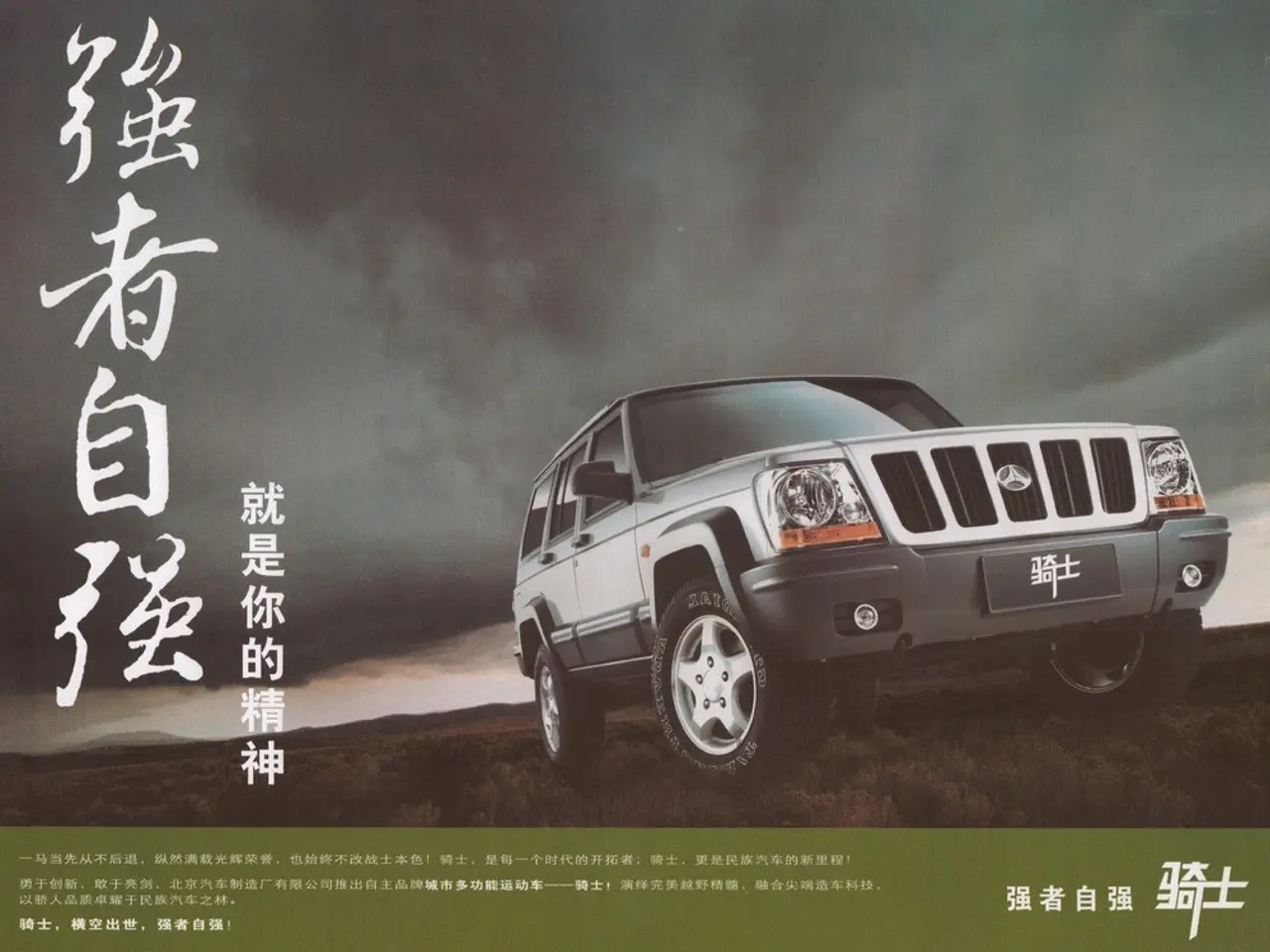Trump's trade war is being triumphantly navigated by China
China has been employing a combination of defensive and offensive strategies to navigate the ongoing trade conflict with the United States.
In a defensive move, China has diversified its export markets, focusing on non-U.S. nations, increased trade with Southeast Asia, Europe, and Latin America, and implemented policies to stabilise its domestic economy. The country has also accelerated its efforts to become self-sufficient in critical technologies like semiconductors and renewable energy.
On the offensive front, China has imposed retaliatory tariffs on U.S. imports, filed complaints with the World Trade Organization against U.S. tariffs, and employed diplomatic measures such as blacklisting U.S. companies and imposing export controls. China has also strengthened economic and geopolitical ties with other countries, potentially weakening U.S. leverage in the international arena.
The Trump administration's tariffs have exposed the dependency of U.S. industries on China for rare-earth minerals and other inputs. In response, China has tightened export controls and demonstrated a readiness to retaliate swiftly and surgically.
China's resilience in the face of U.S. pressure lends credence to President Xi Jinping's claim that the world is undergoing "great changes not seen in a century". Unemployment might rise due to shrinking exports, but the political fallout is likely to be muted in a highly automated factory environment.
The longer-term impact of Trump's tariff policies is a renewed focus on developing domestic technology, particularly AI-powered advanced manufacturing ecosystems. China has made a concerted push to boost domestic consumption, particularly in strategic sectors like artificial intelligence applications and green tech.
The US and China's recent trade talks in Geneva and London provided temporary relief but did not resolve the ongoing conflict between the world's two largest economies. The trade war has handed the Chinese government a propaganda win and a strategic advantage, as seen in Huawei's comeback following U.S. sanctions, which is illustrative of the pressure ByteDance is facing with TikTok.
It is important to note that the views expressed in this article are those of the writer and do not necessarily reflect those of FMT. Zongyuan Zoe Liu, senior fellow for China studies at the Council on Foreign Relations, is adjunct assistant professor of international and public affairs at Columbia University's School of International and Public Affairs.
- Malaysia's government could learn from China's defensive strategies in navigating economic challenges, such as diversifying export markets and implementing policies to stabilize the domestic economy.
- The ongoing trade conflict between China and the United States has illustrated the importance of self-sufficiency in critical technologies like semiconductors and renewable energy for any modern industry.
- In the face of trade tensions, China's technology sector, including companies like Huawei and ByteDance, has shown resilience, possibly demonstrating future potential in the global business environment.
- China's efforts to strengthen economic ties with other countries might lead to changes in general-news headlines, potentially impacting the balance of power in international politics and finance.
- The trade war between the United States and China has shown the need for U.S. businesses to reconsider their dependency on specific markets, particularly in the case of rare-earth minerals and other inputs.




